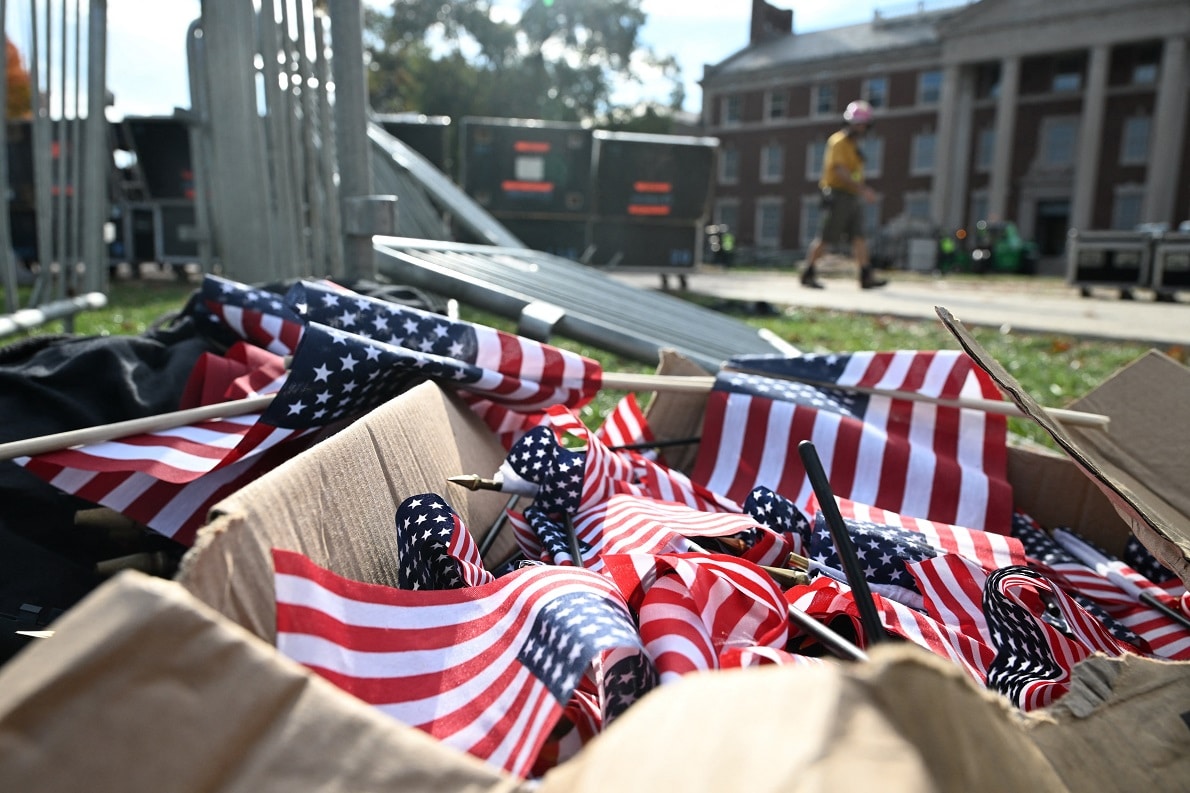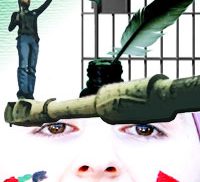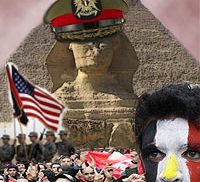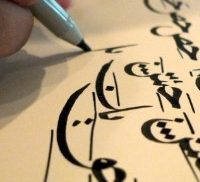Trump’s reelection personified a profound sense of disempowerment and disenfranchisement among many Americans. The constitutional patriotism that once anchored the nation’s cultural fabric is eroding, leaving citizens feeling that the boundaries of belonging no longer provide the support or cohesion they need. This void has been filled by inflammatory rhetoric and the scapegoating of migrants and minorities, reducing public discourse to a cacophony of accusations. What steps can the Left take to address these demands directly? Is there a path for populism to find a home on the Left, or has the idea of solidarity been irrevocably claimed by an ethnonationalist movement?
Dossiers
- Increasing extremism is bubbling to the surface in nationalist and anti-immigrant rhetoric. A Resetdoc roundtable in New York examines the cultural and political roots of these fanaticisms as they affect public life from Europe to the USA.
- What language, which words and concepts are Arab spring-societies speaking? How do they narrate and understand their history in the making? Moroccan philosopher Abdou Filali-Ansary from the Institute for the Study of Muslim Civilizations in London has analyzed this issue in his recent S. M. Lipset Lecture on Democracy in the World, now re-published by Resetdoc. In another article, Brahim El Guabli unveils the features and importance of prison literature throughout the contemporary Arab world.
- The Moroccan monarchy reacted to the first uprisings by announcing a wide-ranging reform programme that seems to have been started with a constitutional referendum last summer and parliamentary elections held last autumn. While this represents a major step towards the democratization of the Moroccan political system, the problems to be addressed in this new season are many and complex. We have asked Mohamed Hashas from Copenhagen University to address the situation in this great North African country.
- The German philosopher Jürgen Habermas and Italy’s President Giorgio Napolitano, two of the greatest Europeanists of our times, are asking for “more Europe” so as to overcome the legitimacy crisis currently affecting the 20th Century’s most important political project. In controversy with Angela Merkel, in a discussion in Frankfurt Habermas claims the urgent need for a democratic vision of European integration, addressed at citizens and not only at states and at their economies. The need to overcome the dogma of national sovereignty is instead at the heart of Giorgio Napolitano’s letter to our magazine “Reset”, which is published here.
- As it was for Tunisia and Egypt, 2011 was a year of change for Morocco as well. From the people’s protests one year ago, to the constitutional referendum held July 1st, to November’s general election that brought an Islamic majority to government for the first time, it is clear that there is still a long road ahead. What are the hopes and fears surrounding the promise of democracy today in Morocco? How have these events influenced and been influenced by young people, women, and Moroccan citizens at large?
- On January 14th last year Tunisia began to celebrate the departure of dictator Ben Alì and dream of a dignified, democratic and free future. One month later, under pressure from protesters in Tahrir Square, Egyptian dictator Hosni Mubarak was obliged to resign and the army appeared to be the only institution that still enjoyed the trust of the country’s citizens. On December 15th the United States Secretary of Defence announced the end of America’s military operations in Iraq. Has a new era begun in the Arab world? It certainly has, but many concerns and new fears still trouble it.
- Who are all those thinkers, from Morocco to Iran, who are attempting to change Islam from within? And what are their most challenging ideas? Some famous, some less so, some religious, some secular, they are the often-persecuted philosophers, sociologists and authors of Islam today. With this “intellectual chart” of changes in Islam edited by Giancarlo Bosetti, Nina zu Fürstenberg and Nicola Missaglia, Reset-DoC wishes to offer its English-speaking readers a compass to navigate the universe of those encouraging dialogue and mutual understanding in the Muslim world.
- Almost a year after the revolutionary movements that swept away Mubarak’s regime, Egypt’s future still seems uncertain. The citizens of the most populous and geo-strategically sensitive country in the region are obstinately and very bravely facing the sudden reversal of a still violently militarised state apparatus. The electoral process will take a long time. Who are the political, institutional and civilian players in this new Egypt and what are they doing? Resetdoc posed these questions to Francesco Aloisi de Larderel, former Italian Ambassador to Cairo and to Margot Badran, senior fellow at Georgetown University.
- Since 2009 the situation between Erdoğan’s Turkish government, now in its third term, and the Kurds has deteriorated. The Kurdish conflict has become increasingly worrisome in the months since the June 2011 elections. After the PKK’s attack on October 19th and the death of 24 Turkish soldiers, it seems that now the AKP government wishes to impose a unilateral military solution. But it is possible that the conflict may have a political solution, or perhaps the new Turkish constitution could remedy this spiral of violence. We spoke to Ferhat Kentel from Istanbul’s Şehir University and to Hugh Pope, director of the Turkish programme at the International Crisis Group.
- While established democracies have a reputation for being peaceful and stable, developing democracies have an equally strong reputation for instability and violence. Tunisia is now breaking this rule, with its first elections on October 23rd marked by order in the voting lines, trust in the ballot box and celebration in the streets. The new issue of Resetdoc features on-the-ground analysis of this historic event and the new questions it raises: Why don’t secularists trust Ennahda? Should they? Who will form the coalition government? What does the Tunisian election mean for other countries in the region? What lessons does it hold for Western democracies? Read below for our thoughts.





